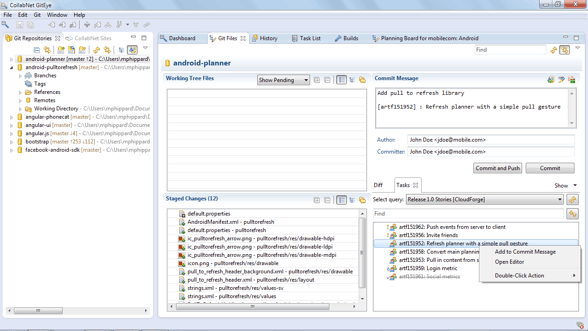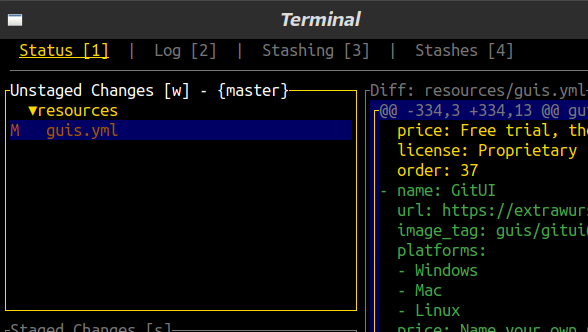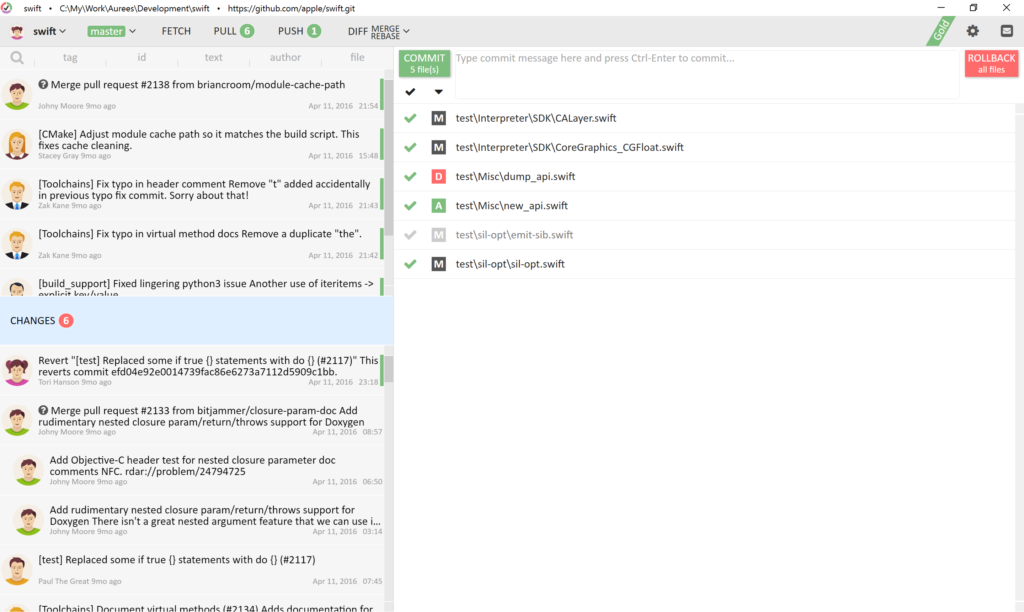

Unable to read AskPass response error: unable to read askpass response from '/Users/ /GitHub Desktop.app/Contents/Resources/app/static/ask-pass-trampoline.sh'įatal: could not read Username for '': terminal prompts disabled If you do not have a valid SSH key set up, see " Generating a new SSH key and adding it to the SSH agent." If you do not have access to the submodules, troubleshoot by contacting the person who administers permissions for the repository. This error means that either the repository that you are trying to clone has submodules that you do not have access to or you do not have a valid SSH key set up. Please make sure you have the correct access rights Retry scheduledĬloning into ' Permission denied (publickey). To troubleshoot, see " Generating a new SSH key and adding it to the SSH agent." Failed to clone fatal: clone of / ' into submodule path ' ' failedįailed to clone 'src// / '.

This error means that you do not have a valid SSH key set up. Please make sure you have the correct access rights and the repository exists. Could not read from remote repository Permission denied (publickey).įatal: Could not read from remote repository. To troubleshoot, contact the person in your organization who administers permissions. This error means that you do not have permission to access the repository that you are trying to clone. You may not have access, or it may have been deleted or renamed.) (The error was parsed as 8: The repository does not seem to exist anymore. Repository not found fatal: repository ' /. To troubleshoot, sign out of your account on GitHub Desktop and then sign back in. This error means that GitHub Desktop is unable to find the access token that it created in the system keychain. Empty token info: account found for repository: node - (empty token) This error means that there is an issue with your stored account credentials. Review the troubleshooting information below for the error message that you encounter.
#Git gui client osx multiple accounts code
Then enter your 2FA code in the prompt on GitHub Desktop and click Sign In. If you have configured two-factor authentication for GitHub Enterprise, do one of the following: To add a GitHub Enterprise account, type your credentials under "Enterprise address," then click Continue. We require authenticating using the browser instead.Īuthenticating an account on GitHub Enterprise
#Git gui client osx multiple accounts password
Warning: Authenticating to GitHub using your username and password is not supported. To authenticate to your GitHub Enterprise Server instance account, type your account credentials and click Sign in.Īlternatively, if you were already signed in to your GitHub Enterprise Server instance account, follow the prompts to return to GitHub Desktop to finish authenticating. To add an account on your GitHub Enterprise Server instance, type the URL for your instance under "Enterprise address," then click Continue.

To the right of "GitHub Enterprise Server," click Sign In. Then enter your 2FA code in the prompt on GitHub and click Verify.Īfter GitHub authenticates your account, follow the prompts to return to GitHub Desktop.Īuthenticating an account on GitHub Enterprise Server If you set up 2FA with a TOTP application, generate a 2FA code.If you set up 2FA via SMS, retrieve your 2FA code from an SMS message.

If you have configured two-factor authentication (2FA) for GitHub, do one of the following: To authenticate to GitHub, type your credentials and click Sign in.Īlternatively, if you were already signed in to GitHub, follow the prompts to return to GitHub Desktop to finish authenticating. GitHub Desktop will open your default browser. In the "Sign in Using Your Browser" pane, click Continue With Browser. In the Preferences window, select Accounts. In the menu bar, use the GitHub Desktop drop-down menu, then click Preferences.


 0 kommentar(er)
0 kommentar(er)
